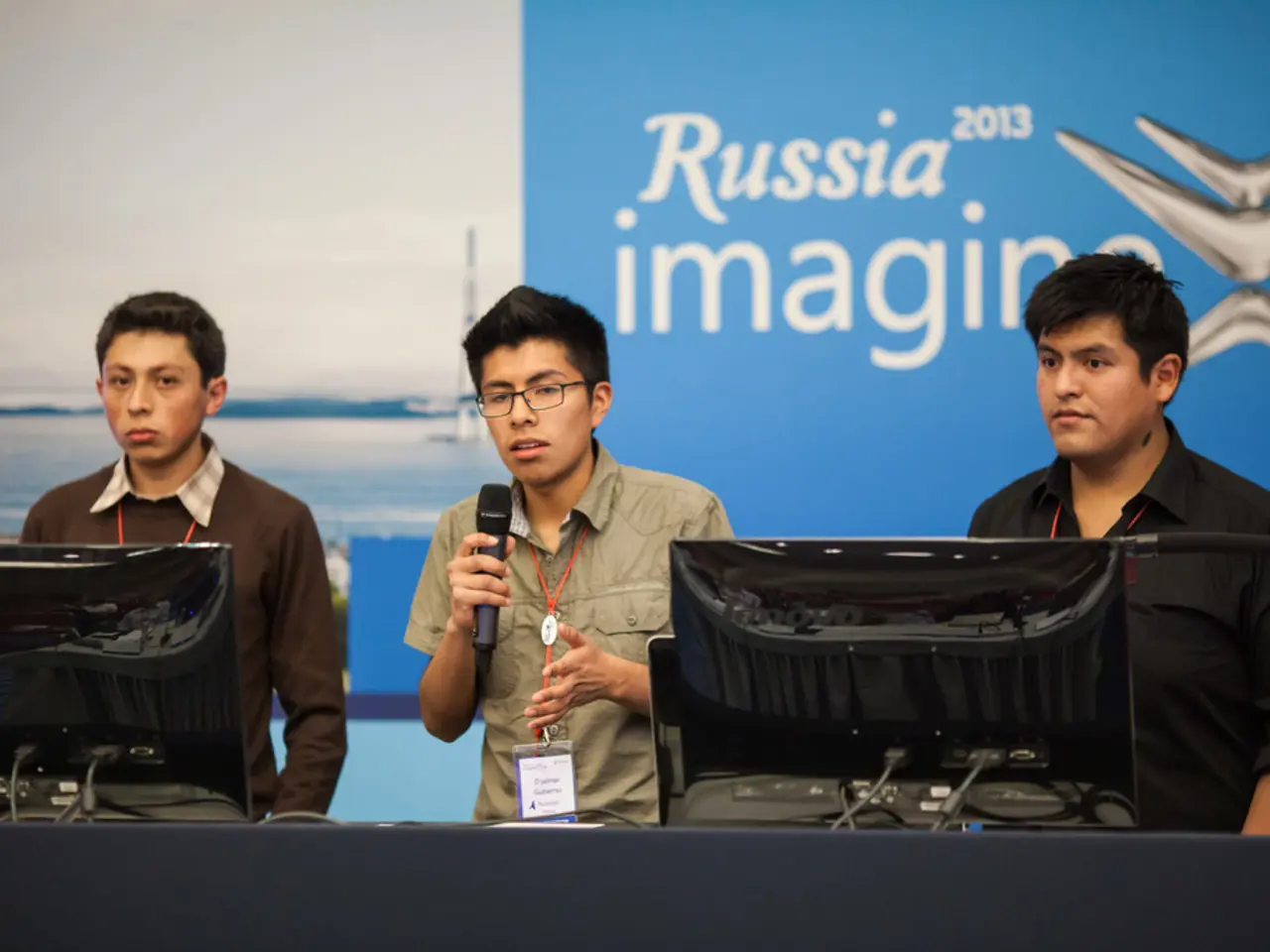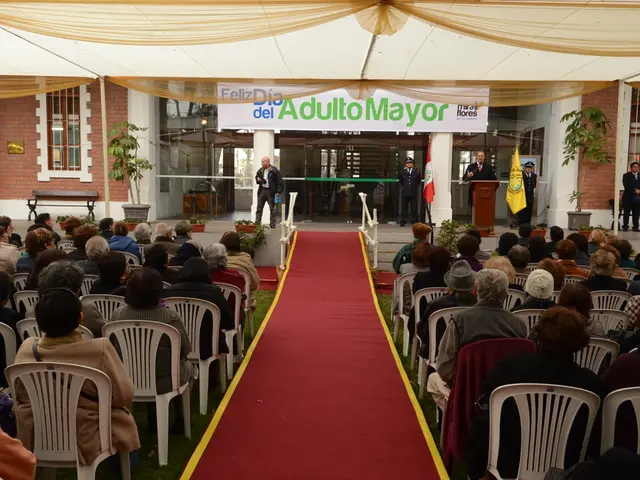EU's forthcoming multiannual budget offers advantages for Baltic nations in multiple aspects, as indicated by Stakis.
The upcoming Multiannual Financial Framework (MFF) 2028-2034 is poised to make a significant impact on Latvia's border regions and less developed areas. The proposed budget, totalling €1.76 trillion, earmarks substantial funds for enhancing security, military mobility, regional development, and competitiveness, aligning with Latvia's strategic priorities in the budget negotiations.
Security and Defense
Latvia has emphasized the importance of funding for security and military mobility, responding to geopolitical challenges in the Baltic region. The EU's budget proposal includes a fivefold increase in the defense budget, allocating EUR 131 billion, which could potentially benefit border regions strategically located near EU external borders.
Competitiveness and Regional Development
The EU budget proposal for 2028-2034 includes a slightly increased allocation to programs like Interreg (€10 billion), which support interregional cooperation and development. This increase is expected to benefit Latvia’s less developed or border regions through enhanced collaboration and economic competitiveness.
Funding Distribution Concerns
However, some EU Members of the European Parliament (MEPs) have raised concerns that the proposed budget structure could weaken regional and local authorities' roles in managing funds. They warn against fragmentation or national plans that do not align with shared European objectives, emphasizing the importance of cohesion and solidarity to support upward convergence across regions.
Budget Size and Real Value
Despite the proposed budget being slightly higher than the current framework, the modest increase in real terms, when accounting for inflation and EU debt repayments, means funding increases for regions like those in Latvia may be constrained. This necessitates efficient prioritization in areas like defense and competitiveness.
In the Negotiation Process
Latvian MEPs and the Latvian government will have to fight for the country's interests in the budget decision process. Agriculture and cohesion are expected to be the main points of contention, with the farmers' lobby, one of the strongest in Brussels, expected to defend the Common Agricultural Policy vigorously.
The negotiation process for the proposed budget is expected to be long and difficult, with the final decision on the EU's next budget in two years likely to differ from the Commission's initial proposal. However, funding for military mobility, defense, and support for Ukraine are not expected to be the main stumbling blocks in the budget decision process.
Conclusion
In conclusion, Latvia's border and less developed regions are set to gain from the multiannual budget through enhanced security and regional funds. However, the actual impact depends on ongoing negotiations, the final distribution mechanisms, and ensuring regional authorities maintain strong roles in fund management to maximize benefits aligned with European cohesion goals.
References
[1] European Commission. (2022). Proposed Multiannual Financial Framework 2028-2034. Retrieved from https://ec.europa.eu/info/publications/proposed-multiannual-financial-framework-2028-2034_en
[2] European Commission. (2022). Interreg Programme. Retrieved from https://ec.europa.eu/regional_policy/en/funding/territorial-cooperation/interreg/
[3] European Parliament. (2022). Plans for the EU's next budget. Retrieved from https://www.europarl.europa.eu/news/en/headlines/budget/202206/plans-for-the-eus-next-budget
[4] European Parliament. (2022). Cohesion Policy. Retrieved from https://www.europarl.europa.eu/regions-cities/en/cohesion-policy
[5] European Commission. (2022). Next Generation EU. Retrieved from https://ec.europa.eu/info/strategy/next-generation-europe_en
- The proposed EU budget for 2028-2034 notes a fivefold increase in the defense budget, allocating EUR 131 billion, with potential benefits for Latvia's border regions due to their strategic locations near EU external borders.
- The increment in the allocation to Interreg programs (€10 billion) is expected to boost Latvia’s border and less developed regions through enhanced interregional cooperation and economic competitiveness.
- Concerns have been raised about the proposed budget structure, as some EU Members of the European Parliament (MEPs) worry that it could weaken regional and local authorities' roles in managing funds, potentially impacting the benefits for Latvian regions.
- During the negotiation process, Latvian MEPs and the Latvian government will need to prioritize the country's interests in defense, competitiveness, and regional funds, with agriculture and cohesion expected to be main points of contention, as the final decision on the EU's next budget will likely differ from the Commission's initial proposal.




